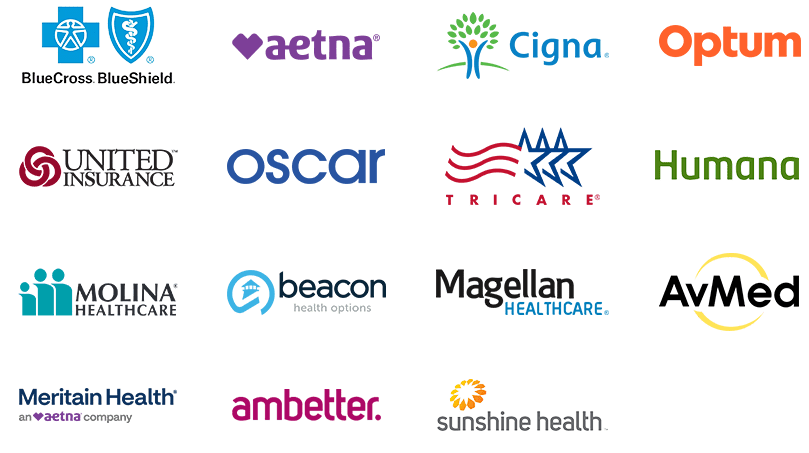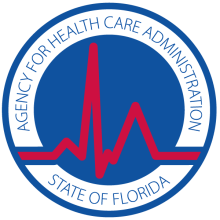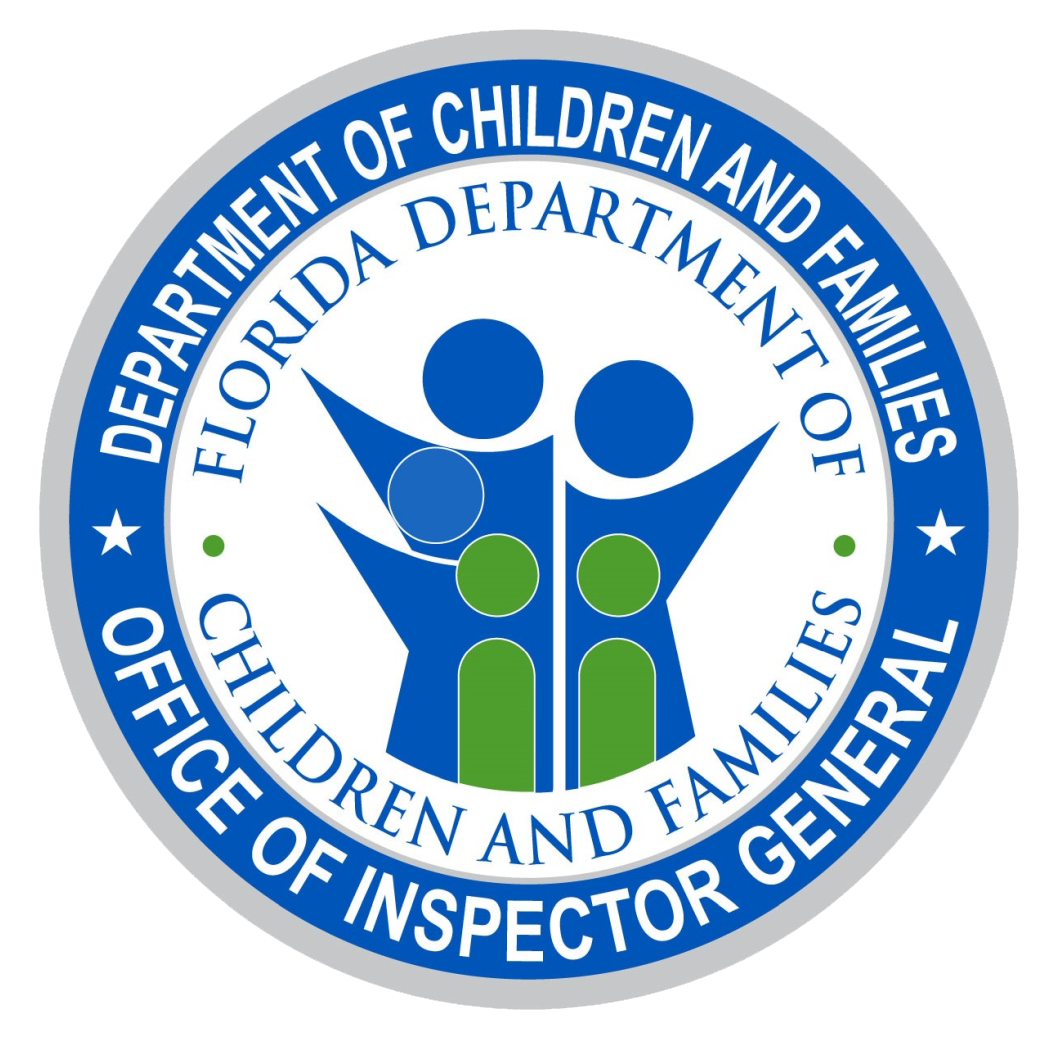OCD and Addiction Recovery
Obsessive-Compulsive Disorder (OCD) is a complex mental health condition that affects millions of people worldwide. When paired with substance use disorders, OCD can become even more challenging to manage.
At Principles Recovery Center in Florida, we specialize in addressing co-occurring conditions like OCD and substance abuse through our dual diagnosis program. Understanding the connection between these disorders is the first step toward recovery and a healthier life.

What is OCD?
Obsessive-Compulsive Disorder (OCD) is a mental health condition characterized by intrusive thoughts (obsessions) and repetitive behaviors or mental acts performed to alleviate the symptoms of anxiety caused by these thoughts. While everyone experiences occasional worries or habits, OCD significantly interferes with daily life, relationships, and overall well-being.
Symptoms of Obsessive-Compulsive Disorder (OCD)
Obsessive-Compulsive Disorder (OCD) is a mental health condition characterized by persistent, unwanted thoughts (obsessions) and repetitive behaviors or mental acts (compulsions) performed to alleviate distress caused by these thoughts. These differ significantly in form as well as impact on a person’s life.

Obsessions are intrusive and unwanted thoughts, images, or urges that can cause significant anxiety or distress. These thoughts often feel uncontrollable and can lead to overwhelming fear, worry, or guilt. Common types of OCD obsessions include:
- Fear of Contamination: Worry about germs, dirt, or illness spreading through contact.
- Harm-Related Obsessions: Fear of accidentally harming oneself or others, or being responsible for a negative event.
- Intrusive Thoughts: Unwanted, often disturbing images or thoughts about violence, taboo topics, or inappropriate behavior.
- Perfectionism: Preoccupation with symmetry, order, or exactness, fearing that something “imperfect” might cause harm or discomfort.
- Doubt and Uncertainty: Persistent worry about whether something was done correctly, such as locking doors or turning off appliances.
Compulsions are repetitive actions or mental rituals performed to reduce the distress caused by obsessions. These behaviors can feel like they must be done “just right” to prevent something bad from happening. Common compulsions include:
- Cleaning and Washing: Excessive handwashing, cleaning household items, or avoiding perceived sources of contamination.
- Checking: Repeatedly verifying locks, stoves, or appliances to ensure safety, even when it’s clear they’re already secure.
- Counting or Repeating: Engaging in specific numerical patterns or repeating certain actions, such as flipping a switch multiple times.
- Arranging and Organizing: Aligning objects symmetrically or in a precise order to reduce discomfort.
- Mental Rituals: Silently praying, counting, or reciting phrases to neutralize obsessive thoughts or fears.
In addition to obsessions and compulsions, people with OCD may experience:
- Intense Anxiety: Constant worry or dread triggered by intrusive thoughts.
- Avoidance Behavior: Staying away from places, people, or situations that might trigger obsessions.
- Irritability and Stress: Feeling overwhelmed or frustrated by the inability to control thoughts or behaviors.
- Interference with Daily Life: Spending excessive time on rituals, which may disrupt work, school, or relationships.
While OCD is primarily a mental health condition, it can also manifest in physical ways due to the stress and repetitive behaviors involved. This may appear as:
- Chapped Hands or Skin Damage: From excessive washing or cleaning.
- Fatigue: Resulting from the emotional exhaustion caused by constant worry and rituals.
- Muscle Tension or Aches: From heightened anxiety levels.
The Cycle of OCD
OCD often follows a cycle:
- Obsession: An intrusive thought or fear arises.
- Anxiety: The thought causes intense worry or distress.
- Compulsion: A repetitive behavior or mental act is performed to reduce anxiety.
- Temporary Relief: The compulsion alleviates the anxiety briefly, but the cycle soon repeats due to not actively stopping the intrusive thought.
Types of OCD
OCD manifests in various forms, often categorized by the nature of the obsessions and compulsions. Some common types include:
- Contamination OCD: Fear of germs or dirt, leading to excessive cleaning or handwashing.
- Harm OCD: Intrusive thoughts about causing harm to oneself or others.
- Checking OCD: Repeatedly verifying tasks, such as locking doors or turning off appliances.
- Symmetry and Order OCD: Obsession with arranging items in a particular order or symmetry.
- Intrusive Thoughts: Unwanted, distressing thoughts that are often violent or taboo in nature.
For example, someone with Contamination OCD may obsess about germs and feel compelled to wash their hands excessively, perhaps until their skin becomes raw.
Request a Confidential
Callback 24/7
OVERCOME SYMPTOMS
DETOXIFICATION
Many individuals have wondered how patients handle early recovery since it requires them to abruptly stop consuming alcohol or drugs. Don’t they experience withdrawal? Actually, the vast majority of individuals don’t experience withdrawal during treatment because they overcome those symptoms during initial detoxification.
In short, detoxification often comes as the first phase of a patient’s treatment plan and consists of an initial period during which to concentrate on overcoming the physical aspects of drug addiction. Usually, under the supervision of physicians, nurses, and detox techs, individuals in detox treatment receive the support and care needed to mitigate withdrawal as much as possible, minimizing the discomfort that’s often associated with abruptly ceasing substance abuse.
How OCD Can Interact with Addiction
Living with OCD can be overwhelming, and some individuals may turn to drugs or drinking alcohol as a way to cope with the intense anxiety or distress caused by their symptoms. Unfortunately, this often leads to a destructive cycle where addiction exacerbates the challenges of OCD.

Research shows that people with OCD are at a higher risk of developing substance use disorders. This may stem from attempts to self-medicate, using substances to:
- Reduce anxiety triggered by obsessive thoughts.
- Escape feelings of frustration or helplessness.
- Manage the exhaustion caused by compulsive behaviors.
While substances may provide temporary relief, they often worsen OCD symptoms in the long run and don’t address the core problem at the heart of the compulsion.
Addiction can significantly interfere with effective OCD treatment. Substance use has the potential to:
- Make it difficult to stick to therapy or medication regimens.
- Mask the severity of OCD symptoms, delaying proper diagnosis and care.
- Create additional stressors, such as financial or legal problems, that complicate recovery efforts.
At Principles Recovery Center, we understand how these challenges intertwine, which is why our dual diagnosis program is designed to address both conditions simultaneously.
Substance use often intensifies OCD symptoms. For example:
- Alcohol: While it may initially reduce anxiety, alcohol can disrupt brain function and worsen intrusive thoughts over time.
- Stimulants: Drugs like cocaine or highly addictive methamphetamine can heighten obsessive thinking and compulsive behaviors.
- Depressants: Medications or drugs that slow the nervous system can lead to rebound anxiety, making OCD symptoms even more severe.
By addressing the addiction and the underlying OCD together, recovery becomes a more achievable goal. There is a lower chance of relapse if the person has helpful coping mechanisms for OCD in place that don’t include addictive substances.
Dual Diagnosis of OCD and Addiction
When OCD and addiction occur together, this is known as a dual diagnosis. Treating both conditions requires an integrated approach that addresses the unique challenges posed by their interaction.
Why is Dual Diagnosis Important?
Individuals with OCD and addiction often experience a vicious cycle. OCD symptoms drive substance use, and substance use worsens OCD symptoms. Without simultaneous treatment, addressing only one condition may lead to relapse or incomplete recovery.
At Principles Recovery Center, we believe in treating the whole person, not just their symptoms. Our dual diagnosis program includes:
- Comprehensive Assessments: These identify the specific ways OCD and addiction interact in each individual.
- Personalized Treatment Plans: Plans are tailored to address the unique needs of each client.
- Evidence-Based Therapy: Options include Cognitive Behavioral Therapy (CBT) and Exposure and motivational interviewing to help clients manage OCD while addressing substance use.

Steps Toward Recovery from OCD and Addiction
Recovering from OCD and addiction is a challenging but achievable process. Here are some steps to take:
- Acknowledge the Problem: Recognizing the impact of OCD and addiction on your life is the first step toward change.
- Seek Professional Help: Specialized dual diagnosis treatment is essential for addressing both conditions effectively.
- Commit to Therapy: Engaging in evidence-based therapies like CBT or ERP can help with managing OCD symptoms without relying on substances.
- Build a Support Network: Surround yourself with people who understand your journey and can provide encouragement.
- Develop Healthy Coping Mechanisms: Learn strategies to manage anxiety and stress, such as mindfulness practices, exercise, or creative outlets.
Receive Dual Diagnosis Treatment at Principles Recovery Center
At Principles Recovery Center in Florida, we specialize in helping clients navigate the complexities of dual diagnosis conditions like OCD and addiction. Our detox and outpatient programs provide a structured yet flexible environment where individuals can focus on recovery.
Our Approach to Dual Diagnosis
- Detoxification: Safely managing withdrawal symptoms in a supportive environment. Detox is often the first step in breaking free from addiction and creating a foundation for further treatment.
- Integrated Therapy: Combining mental health treatment with addiction recovery, we help clients address the root causes of their struggles.
- Ongoing Support: Recovery is a journey, and we’re here to provide guidance, encouragement, and resources every step of the way.
Why Choose Principles Recovery Center?
We take pride in offering a compassionate, client-centered approach to care. Our team understands the challenges of living with OCD and addiction, and we’re dedicated to helping you reclaim your life. Whether you need detox services, outpatient treatment, or long-term support, we’re here to help.

WE’VE GOT
YOU COVERED!
Insurance coverage for treatment is within reach. We are in-network with most insurance carriers in Florida.
Receive Support For Addiction and OCD at Principles Recovery
Living with OCD and addiction can feel overwhelming, but recovery is possible. By addressing both conditions through a comprehensive, dual diagnosis approach, you can regain control of your life and build a future free from the cycle of substance use and compulsive behaviors.
At Principles Recovery Center, we’re here to help you every step of the way. If you or someone you love is struggling with OCD and addiction, reach out to us today. Together, we can work toward a healthier, happier tomorrow.
CREDENTIAL HIGHLIGHTS



